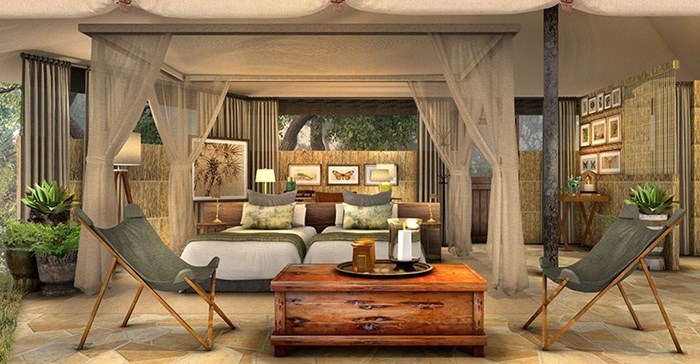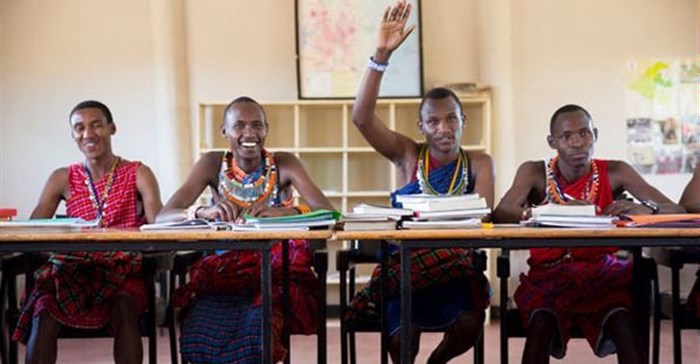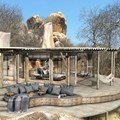Asilia's newest impact investment, Roho ya Selous, in the UNESCO world heritage site of Selous Game Reserve in southern Tanzania, is the latest addition to its stable of ecotourism camps. Impact investing occurs across all types of asset classes. Its basic premise is to have a positive impact on society and the environment. It can also be thought of as sustainable philanthropy.
“As an impact company, we have a model whereby sustainable tourism, support for nature and support for local people go completely hand-in-hand. That vision is very much supported by our impact investor base which includes, among others, the DFI NorFund from Norway,” says Jeroen Harderwijk, managing director of Asilia Africa.
Operating 18 camps in East Africa, Asilia’s vision is to turn vulnerable ecosystems into viable conservation economies.
Walking the talk
A number of turnaround stories bear testament to Asilia’s vision.
The establishment of Sayari as a semi-permanent camp in an area that was overrun by bush meat poachers, and as a result was devoid of tourists, was pivotal to the northern Serengeti’s turnaround.
“The turnaround of this area involved lengthy consultation and communication with the communities on the edge of the park. It gave us a reputation for inclusive collaboration which stood us in good stead when we applied for other pioneering areas such as Rubondo and the Namiri area, where a similar situation occurred,” continues Harderwijk.
In 2010, Rekero Camp in the Masai Mara Game Reserve joined the growing Asilia tribe. Since then, Naboisho Camp in the all-important Naboisho Conservancy (itself nurtured into being by Asilia and other stakeholders) showcases the benefits that local people can derive from nature if the will and know-how exist. For its innovative and exemplary governance model, the Naboisho Conservancy won the prestigious African Responsible Tourism Award in 2016.
Asilia’s model of tourism employs large numbers of rural dwellers where few other opportunities exist. With over 800 continental citizens on its payroll, it is a growing employer generating sizeable revenues to national governments in the form of fees, levies and taxes – approximately $7.8m in 2016/17. In addition, Asilia raised a further $236,000 for conservation and social development projects in the areas where it operates. Direct contributions from the company to the same projects amounted to $137,000, over and above this.
The extra $370,000 was donated to effective and vetted partners in East Africa. For more information on our partners and their projects, visit Alisia Giving.
This sense of making a difference to real people and places is an attraction to international tourists. It also helps ensure the sustainability of the wild areas where Asilia operates.
Roho’s offering
Situated on a hill overlooking a key waterway in the heart of the Selous Game Reserve, Roho has eight private en suite tents, including a family tent. Activities on offer in this diverse landscape of swamps, river and lakes include game drives, walking, boating and fishing on a catch-and-release basis.
“During the past decade, we have been able to substantially improve the prospects of important wilderness areas and its local people in East Africa, and we are fully committed to do even more of that in the coming decade. We are really excited to expand into Southern Tanzania and our new camp in the Selous is a key cornerstone in that.
Southern Tanzania has the most spectacular wilderness areas which have global conservation value too. We are committed to bring substantial volumes of upmarket responsible tourism into Southern Tanzania and to make tangible contributions to the local communities and conservation agenda in those areas. Tourism done in the right way can really transform the prospects of vast wilderness areas in Africa and the people living there,” concludes Harderwijk.
















